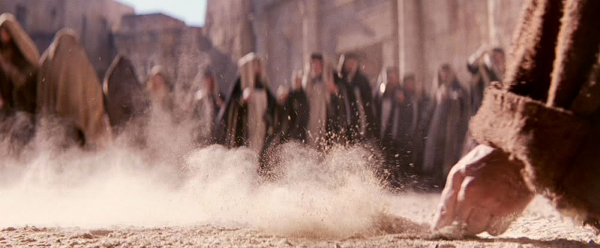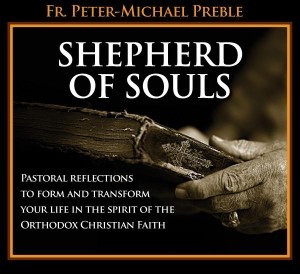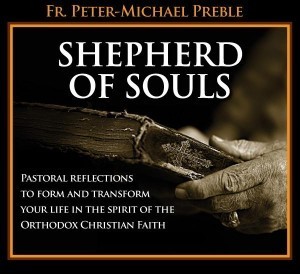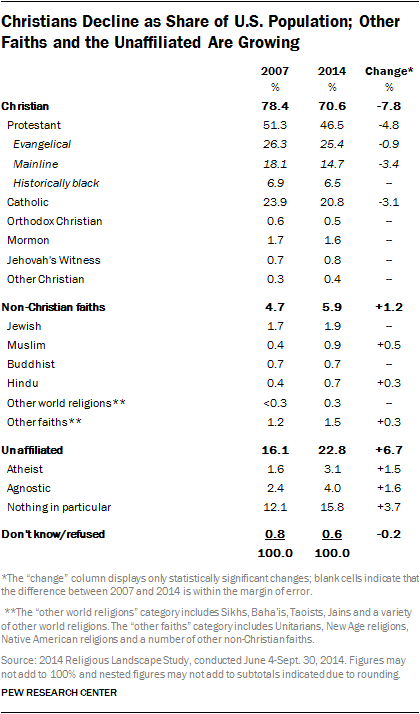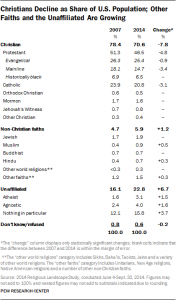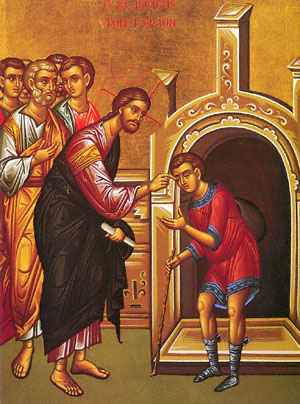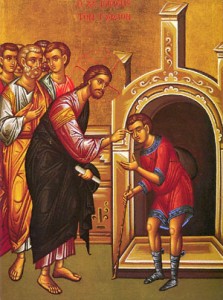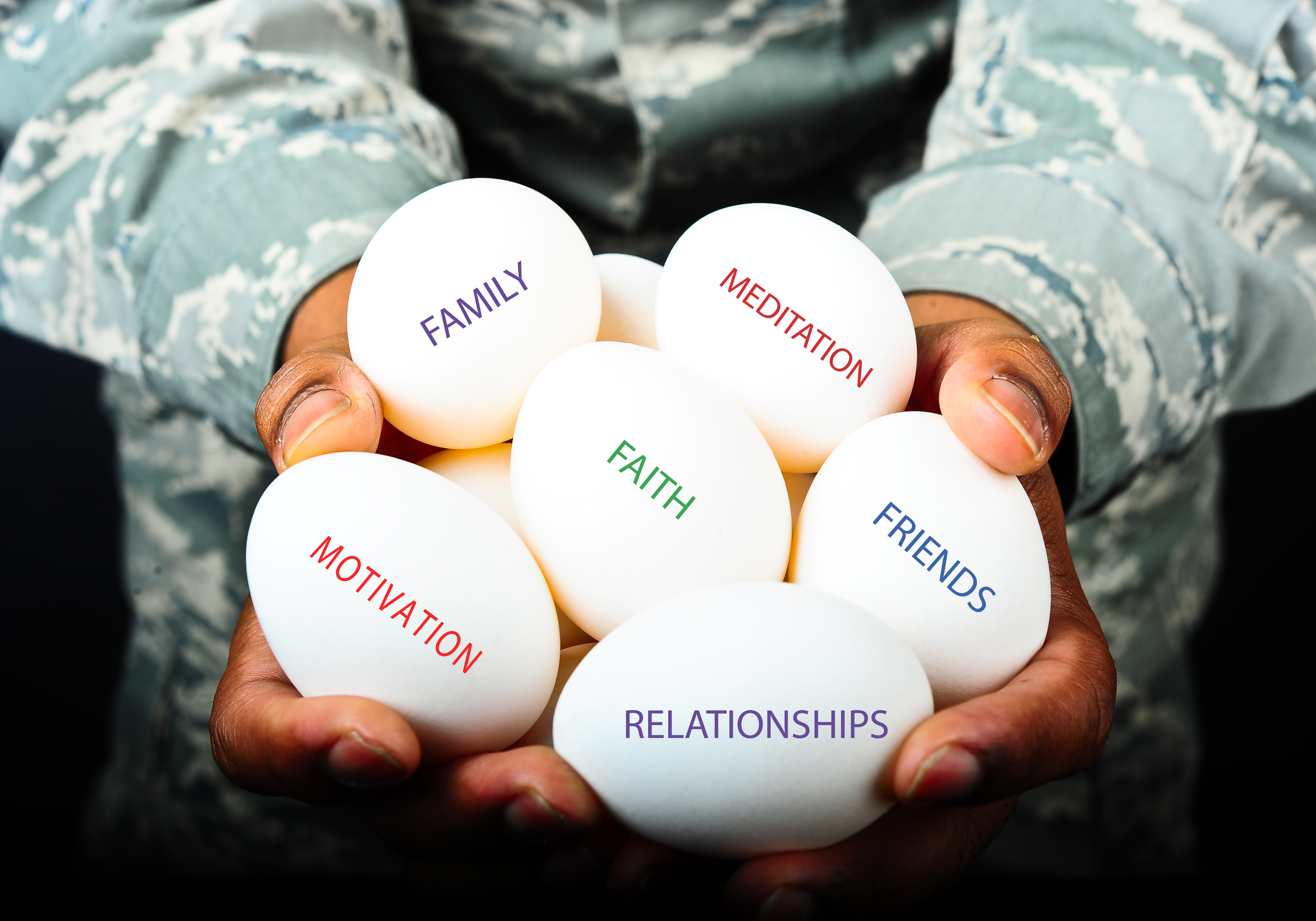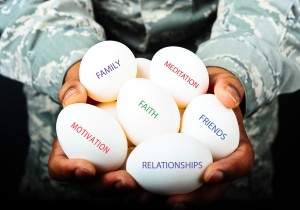Over the past few months, I have been meditating on this idea of acceptance as it relates to other people and how, as a Christian, I should be thinking about this. I believe that we have this idea in our minds that if we do not approve of the behavior of someone that means we do not have to accept them and that my friends are just plain wrong.
There are three instances in Scripture that I will use to illustrate my point.
- The calling of Matthew the Tax Collector (Matthew 9:1-13)
Matthew was a tax collector and, therefore, was not an honorable man. Tax collectors, by their very nature, were considered liars and cheats by the population and a Jewish tax collector were seen as cooperating with the government and also taking more than they should. Jesus comes along and calls Matthew simply with the words, “Follow me.” Scripture tells us that Matthew “arose and followed him.” Notice that Jesus did not call him out as a sinner. Jesus did not say change your ways and follow me. Jesus invited him, and he accepted the invitation. Jesus never judged him nor called him a sinner. Jesus asked the sinner to come and change his life. Jesus accepted Matthew in love and understanding and asked Matthew to come and follow. Matthews’s life was changed, but he first was accepted by Jesus.
- The Woman Caught in Adultery (John 8:1-11)
Jesus was in the Temple, and the Scribes and Pharisees brought a woman to him who had been caught in the act of adultery. By the law of the day, the woman should have been stoned for what she had done. Notice that there is no such penalty for the man just for the woman. Of course, the Scribes and Pharisees were testing Jesus to see if they might catch him in a transgression of the law. But, Jesus being Jesus, he knew this. He stoops down and begins to write in the sand with his finger. Some commenters on this passage say he is writing their names and their sins next to it, but we do not know. They press him for an answer while he is writing this, and he says to them, “He who is without sin among you, let him throw a stone at her first” (v 7). He then returns to his writing on the ground. Scripture then tells us, “those who heard it, being convicted by their conscience went out one by one” (v 9). When Jesus looked up there was no one there but the woman and himself. He said to her, “Woman, where are those accusers if yours? Has no one condemned you?” She answered him, “No one, Lord.” Jesus tells her, “Neither do I condemn you: go and sin no more” (v 10-11). This is amazing! He accepted he; he did not condemn her. He did not tell her that unless she changed her ways she was going to hell. He told her that he did not condemn her, but he also told her to sin no more. He accepted her, but he did not approve of her conduct.
- The Samaritan Woman at the Well (John 4:1-30)
This is one of my favorite pericopes and one I have written and preached on before. Jesus has been traveling and stopped by a well to get a drink. A woman of Samaria comes along, in the heat of the day to collect her water. She notices Jesus there and is not sure what to do. Samaritans and Jews did not get along. Jesus asks her for a drink, and an amazing dialog begins. She questions him about not having anything to draw the water with and that she is a woman, and a Samaritan and why is he asking her for a drink? He tells her that he is the living water, and she responds by telling him that she wants this water. He invited her, and she has accepted. There has been no judgment although Jesus knows all about her. Jesus tells her to go and call her husband, and she replies that she has no husband. She has come face to face with her life and were in sorrow for it at this moment. Jesus has given her an opportunity to come clean with him, and she has taken it. He has shown her love, and no condemnation, and that has paved the way for her to open her life to him and for a desire to change. Her life changes right there at the well. She leaves her jar behind and returns to the city to tell those there what had happened. Her life was changed because of love!
These are but three examples of many from the Scriptures that witness to us this concept of radical, unconditional love. This love is central to the spiritual life, and dare I say is what our spiritual life hangs on. Jesus did not accept the behavior of the three people from these stories, but he showed them love and compassion and in fact he only told one of them to sin no more! By his loving example, the others were compelled to change their lives but he first showed them love and compassion and when they were ready, they changed their lives.
All of us are in need of this unconditional compassionate love, and it is what we are required to show others that we might come into contact with. We are the only Bible that most people will ever read what do we want those pages to say.

